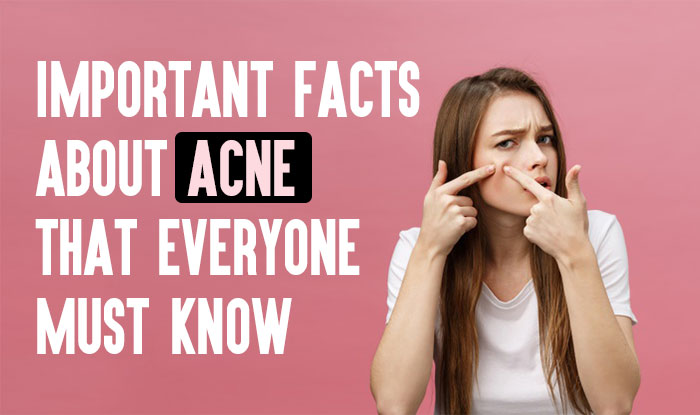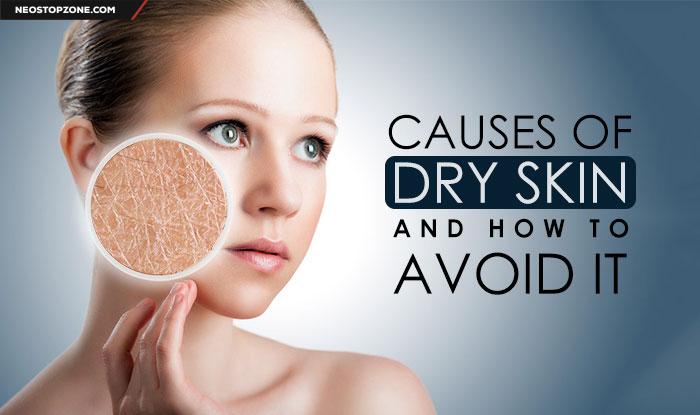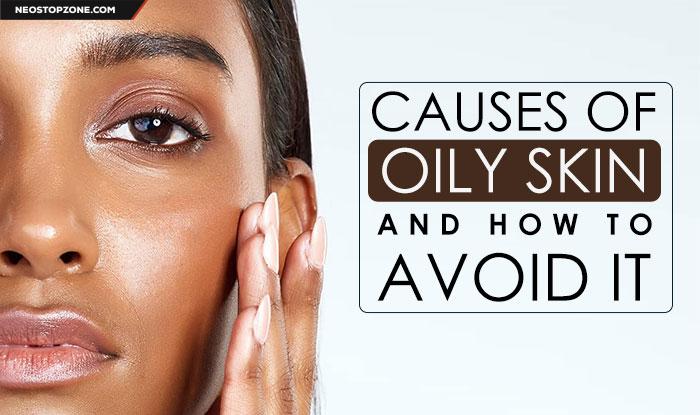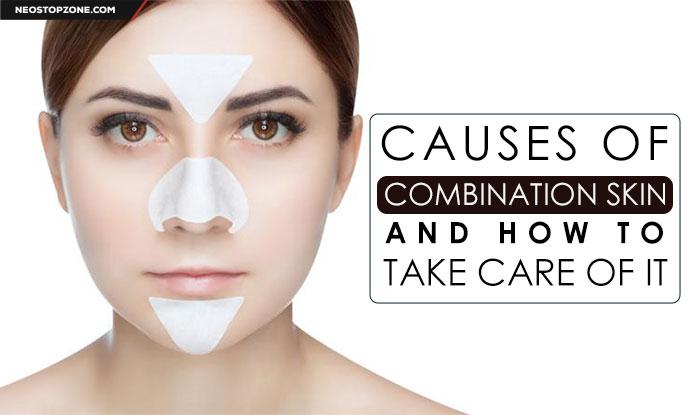Important Facts About Acne That Everyone Must Know
The Myth that Acne Only Occurs On Oily Skin
Acne can occur on anyone and any skin type. Those with oily skin types are the most likely to get pimples. If you have sebaceous glands, which are oil glands, then you have a chance of getting acne.
Why Do Some People Have Acne and Some Do Not
It may depend on various things- internal and external factors. Intrinsic factors, such as genetics, may play a large role. Hormonal levels of male and female hormones that fall under sex hormones and hormones such as thyroid and cortisol also all act as stimulants which can then turn into acne. Inflammatory foods can also irritate the skin and cause acne. External factors such as moisture, makeup, pollution, and stress can cause acne.
How Can We Differentiate Between Different Types of Acne
If you have extremely oily skin and also an oily scalp, or your parents had acne, it may just be hereditary acne. This type of acne presents itself anywhere on the face but maybe more concentrated around your cheeks.
Second, acne due to hormonal imbalance can usually be painful and cystic along the jawline and neck.
Third, acne due to dandruff and oily scalp can also occur on your shoulders and chest.
Fourth, you may have pimples that are small but cause more irritation around the hairline as well as your forehead.
Fifth, acne caused by any incorrect cosmetic products, creams, or lotions. It can occur on your entire face and neck. They can all resemble small bumps with white pus in them, which are more like acne than an eruption. It may be more due to outsiders who have harmed it. These occur more around the nose and around the T-zone, which is the inner part of the cheek towards the nose.
Sixth, if you have redness and acne, and like angry, inflamed acne, it can be acne rosacea.
What Should You Do If You Have Acne
First of all, go to a dermatologist and do not go for solutions that are described by a friendly neighbor or based on an internet search. It should be controlled by a dermatologist because it is important to know the cause of acne. Dermatologists can treat it appropriately and possibly perform treatments that require oral medication. Some treatments are scheduled to be done at home and some treatments can be done at a dermatologist’s clinic.
What Should You Not Do If You Have Acne
Do not do this:
- Ignore it.
- Consult with non-professionals.
- Poke and pinch to get rid of it quickly as it only spoils it.
- Expect acne to increase as you get older.
- Use harsh cream.
- Eat too much dairy and sugar.
- Gain weight.
What to expect when in the clinic for acne treatment
Understand that the doctor will have to undergo a certain blood test to know the cause of your acne and how to treat it. They may choose to initiate treatments that may occur in the clinic as well as at home which may include oral medications and some application medications. It is important to be patient because it can take from three months to a year to heal your acne.



